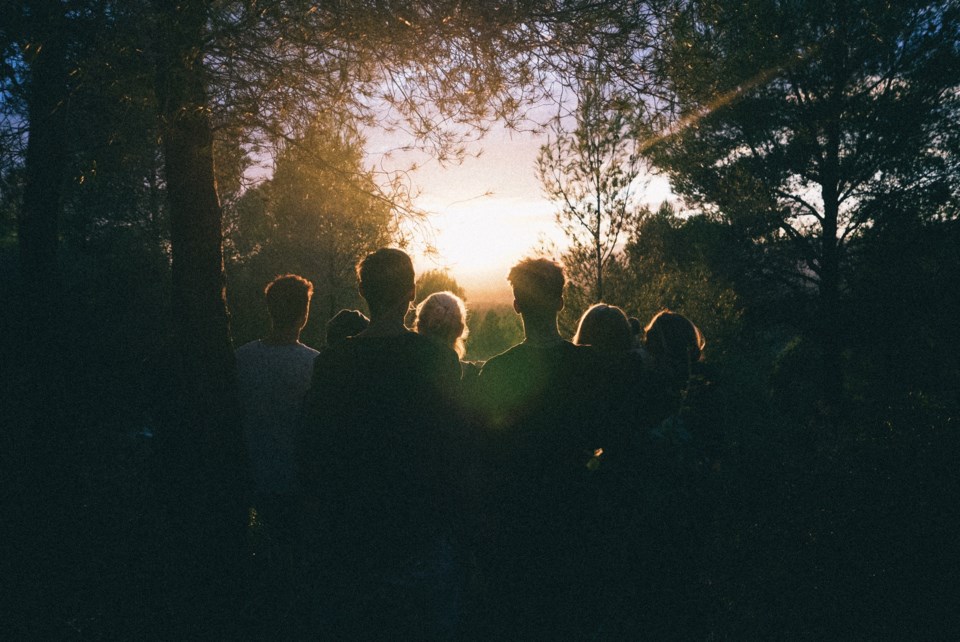Editor's note: The Chief's weekly editorial represents the opinion of the newspaper.
Our government agencies, the BC Coroners service in particular, need to go back to publicly identifying those who die.
The organization is responsible for investigating all unnatural, sudden and unexpected, unexplained or unattended deaths in the province.
Its staff makes recommendations for ways to improve public safety and prevent death in similar circumstances.
Its work is invaluable and no doubt its employees are talented and vital to our understanding of the myriad of things that cause unnecessary deaths in our society.
But for the last several years, the service has refused to name the deceased, citing legal advice and privacy concerns.
Some may say, ‘Isn’t it most important to protect the privacy of the dead and their families?’ In a word, no.
“If we do not know the identity of a dead individual then it is impossible for us, in a lot of circumstances, to hold government to account for its actions on behalf of that dead individual,” says former journalist and Mount Royal University journalism professor Sean Holman. *
When it is a matter of information the government holds about its people, the public good should outstrip the desire for privacy.
When privacy is the excuse used by a government to keep a secret, that secrecy often keeps the general public from knowing the scope of a problem or knowing how its government is tackling a problem — or both.
“The best weapon of a dictatorship is secrecy, but the best weapon of a democracy should be the weapon of openness,” said Niels Bohr, a Danish physicist who fought for nations to share their scientific knowledge.
In the midst of this opioid epidemic — that saw 134 people die of illicit-drug overdoses in B.C. in July, the second-highest figures of any month so far this year — the lack of names for the deceased is even more troubling.
In Squamish and other communities outside of big cities, even numbers are kept secret by government bodies that again cite privacy. The argument being if the number is low then residents can more easily identify the person involved.
Thus, we often don’t have access in Squamish to the exact number of opioid deaths, suicides or sexual assaults, for example.
But without those numbers, the public is left in the dark about what is happening in their community.
We get that it can sometimes be painful for Squamish families when names and method of death are written about.
But often, when family members tell us they don’t want the identity of the dead in the news, it is because of the stigma associated with the method of death, such as the cluster of fentanyl deaths recently. But stigma grows in the dark.
When we put a name and a face to these deaths we are able to empathize more and stigma is reduced.
**Please note, this story has been corrected since it was first posted to reflect that Sean Holman was a professor at Mount Royal University, not Royal Roads.



